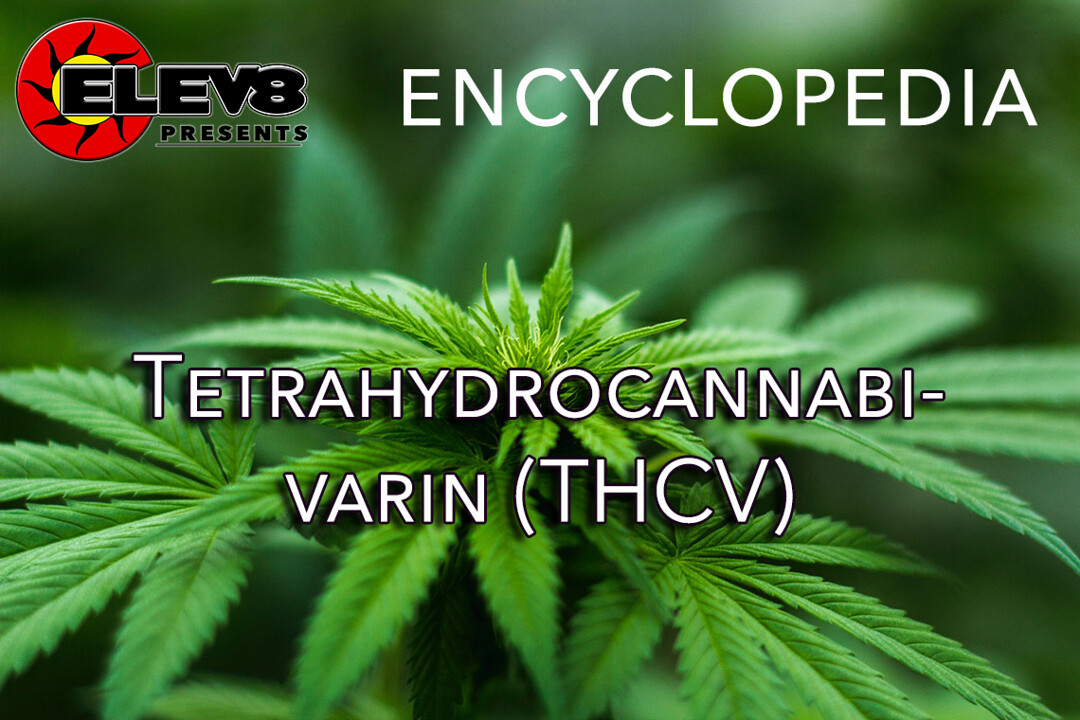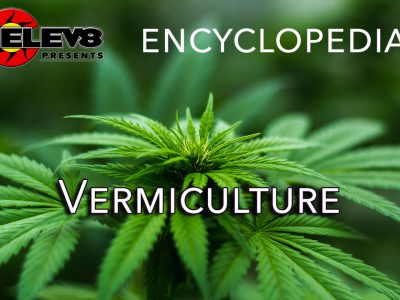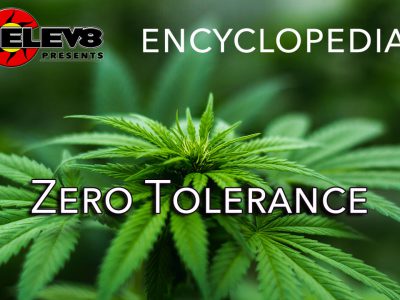What does Tetrahydrocannabivarin (THCV)mean?
Tetrahydrocannabivarin (THCV) is one of the most commonly occurring chemicals in the cannabis plant. A cannabinoid, THCV is closely related to tetrahydrocannabinol (THC). While the two molecules of THCV and THC are almost identical, it is the ways they are synthesized in the plant that are distinctive.
THCA is believed to have some psychoactive properties, mainly it is said to produce a clear, euphoric high.
Researchers believe that in certain cannabis strains, such as the sativas, THCV can be credited with the quick high attained by users and the overall energizing rush often experienced.
More Info On Tetrahydrocannabivarin (THCV)
Both THC and THCV effect the same receptors in the human body: CB1 and CB2 receptors. However, THCV only contains about 25 per cent of the potency of THC.
Tetrahydrocannabivarin (THCV) is found to be the most abundant in strains of marijuana from central and south Africa. Even though THCV is a common cannabinoid, it rarely accounts for more than two per cent in the plant. Although in recent years, strains have been produced that contain up to 15 per cent THCV.
Four of the most common strains that contain high levels of THCV are Malawi Gold, Durban Poison, Doug’s Varin, and Black Beauty.
Medical marijuana researchers have been studying THCV for the possible treatment of a wide array of disorders, such as convulsive disorders, diabetes, and as an appetite suppressant to assist in weight loss.







